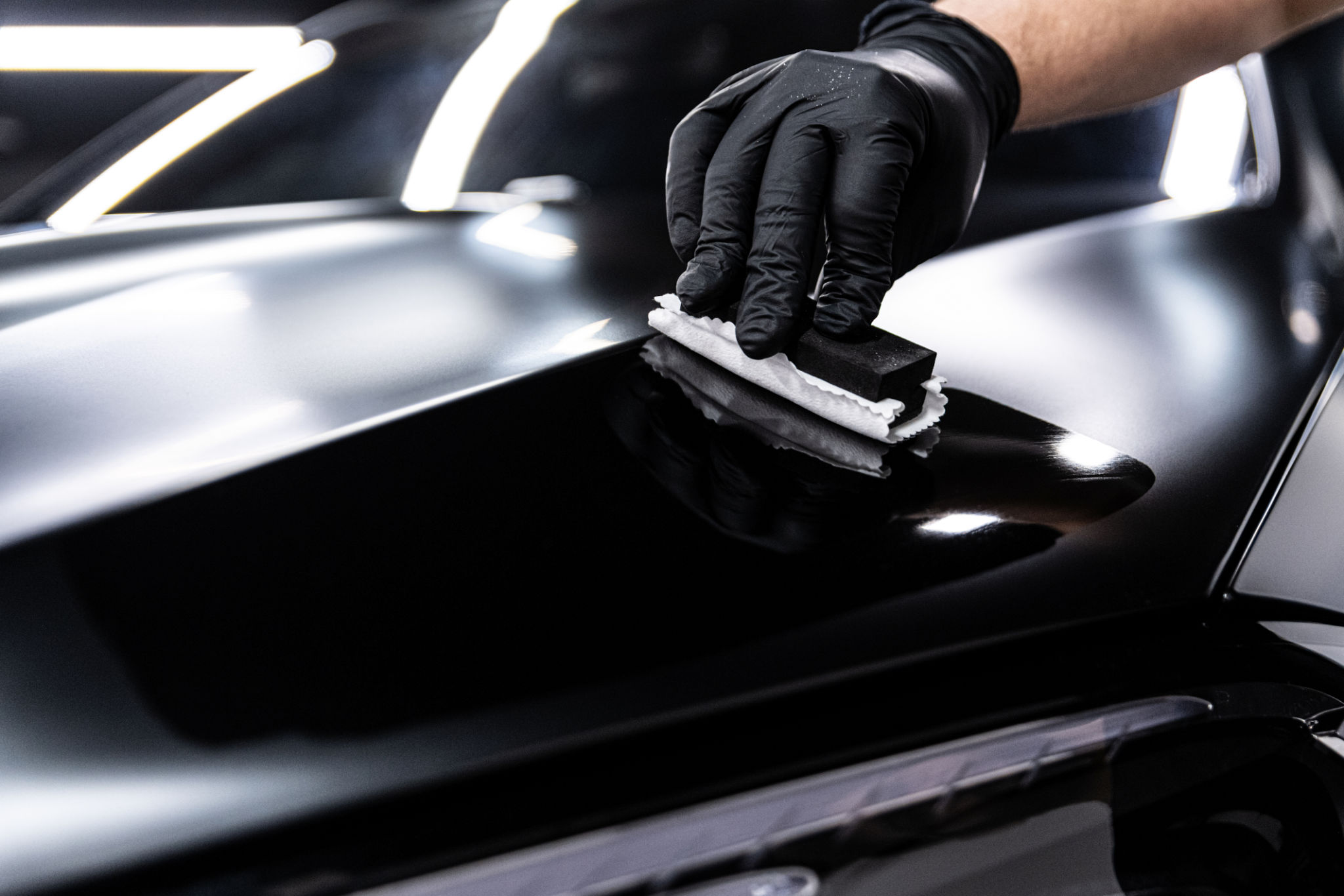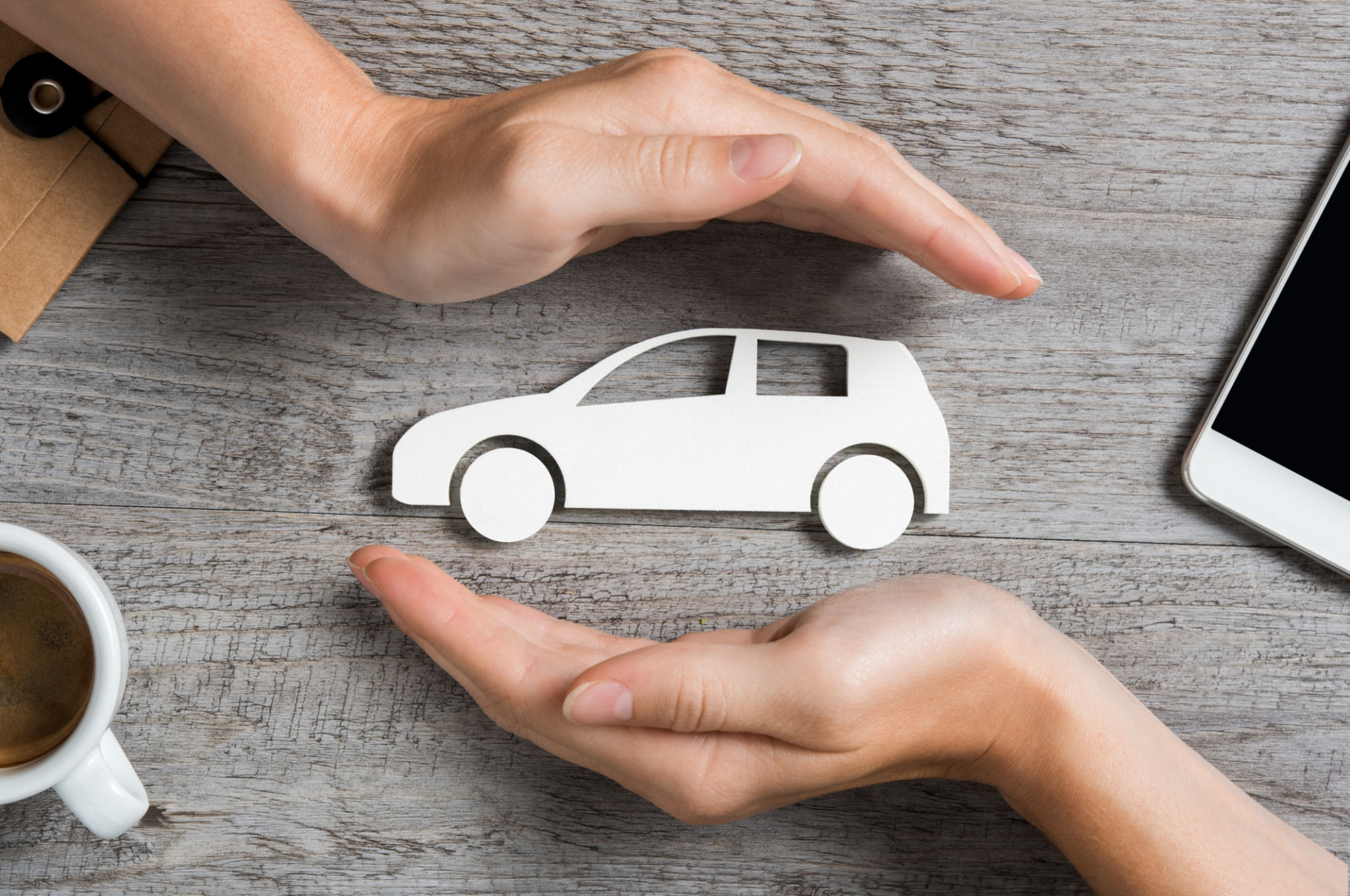The Ultimate Guide to Trending Ceramic Coating Solutions for Vehicles
Understanding Ceramic Coating
Ceramic coating has become a popular choice for vehicle owners looking to protect their cars and enhance their appearance. Essentially, it is a liquid polymer applied to the exterior of a vehicle, forming a chemical bond with the factory paint. This creates a layer of protection that is more durable than traditional wax and sealants.
One of the main benefits of ceramic coating is its ability to repel water and dirt, making it easier to keep your vehicle clean. Additionally, it provides a high-gloss finish that enhances the visual appeal of your car. The coating acts as a shield against UV rays, oxidation, and minor scratches.

Types of Ceramic Coating Solutions
There are several types of ceramic coatings available on the market, each offering distinct features and levels of protection. The most common types include:
- Silicon Dioxide (SiO2) Coatings: These are the most prevalent type and provide excellent protection and hydrophobic properties.
- Titanium Dioxide (TiO2) Coatings: Known for their self-cleaning properties, they can break down organic material on the surface of the vehicle.
- Hybrid Coatings: A combination of SiO2 and TiO2, offering the benefits of both materials in a single product.
Each type of coating has its advantages, and choosing the right one depends on your specific needs and budget.

The Application Process
Applying ceramic coating is a meticulous process that requires attention to detail. Here's a general overview of the steps involved:
- Preparation: The vehicle must be thoroughly washed and decontaminated to remove any dirt, tar, or other impurities.
- Paint Correction: Any existing scratches or swirl marks should be addressed, as they will be sealed under the coating.
- Application: The ceramic coating is carefully applied in small sections, ensuring even coverage.
- Curing: After application, the coating needs time to cure and bond with the paint, which can take several hours to days depending on the product.
While some vehicle owners choose to apply ceramic coating themselves, professional installation is recommended for optimal results.

Maintaining Ceramic Coated Vehicles
Once your vehicle has been coated, proper maintenance is crucial to ensure long-lasting protection and shine. Regular washing with a pH-balanced shampoo will help maintain the hydrophobic properties of the coating. It's also important to avoid using abrasive cleaners or brushes that could damage the surface.
Periodic top-up applications or booster sprays can enhance the longevity and effectiveness of the ceramic coating. Following these maintenance tips can help keep your vehicle looking pristine for years to come.
Choosing the Right Ceramic Coating
When selecting a ceramic coating solution for your vehicle, consider factors such as durability, ease of application, and cost. Researching different brands and reading customer reviews can provide insight into product performance and reliability.
Consulting with a professional detailer can also offer valuable guidance in choosing the best solution for your vehicle's specific needs. Ultimately, investing in a quality ceramic coating can provide significant long-term benefits in terms of protection and aesthetics.
